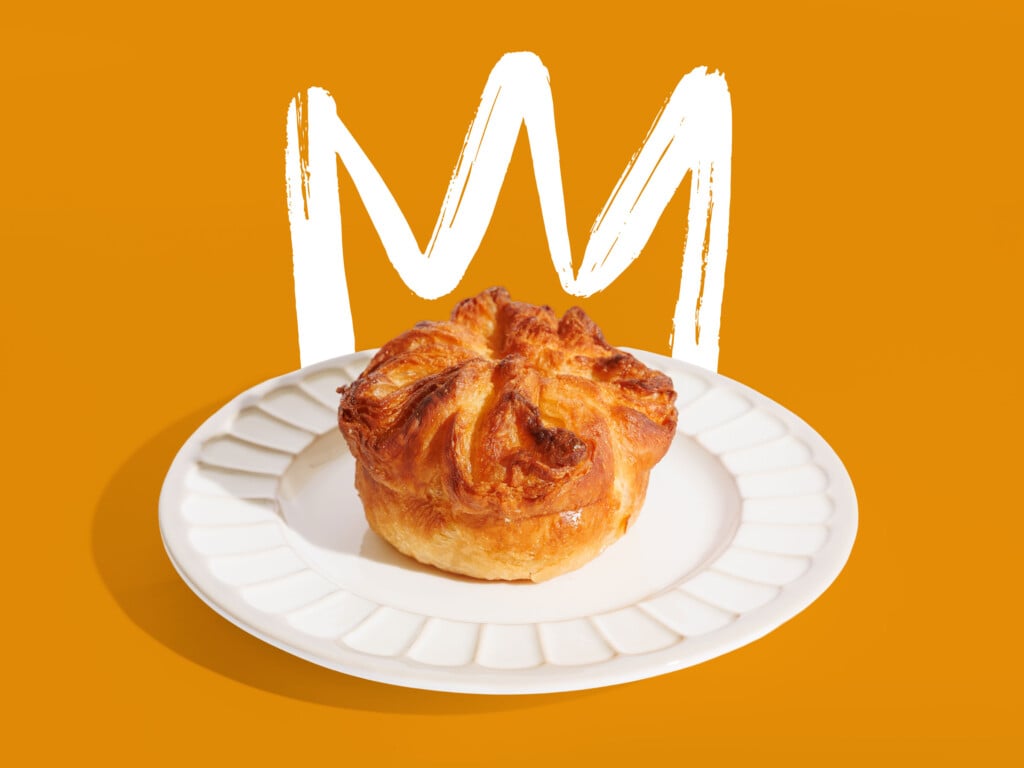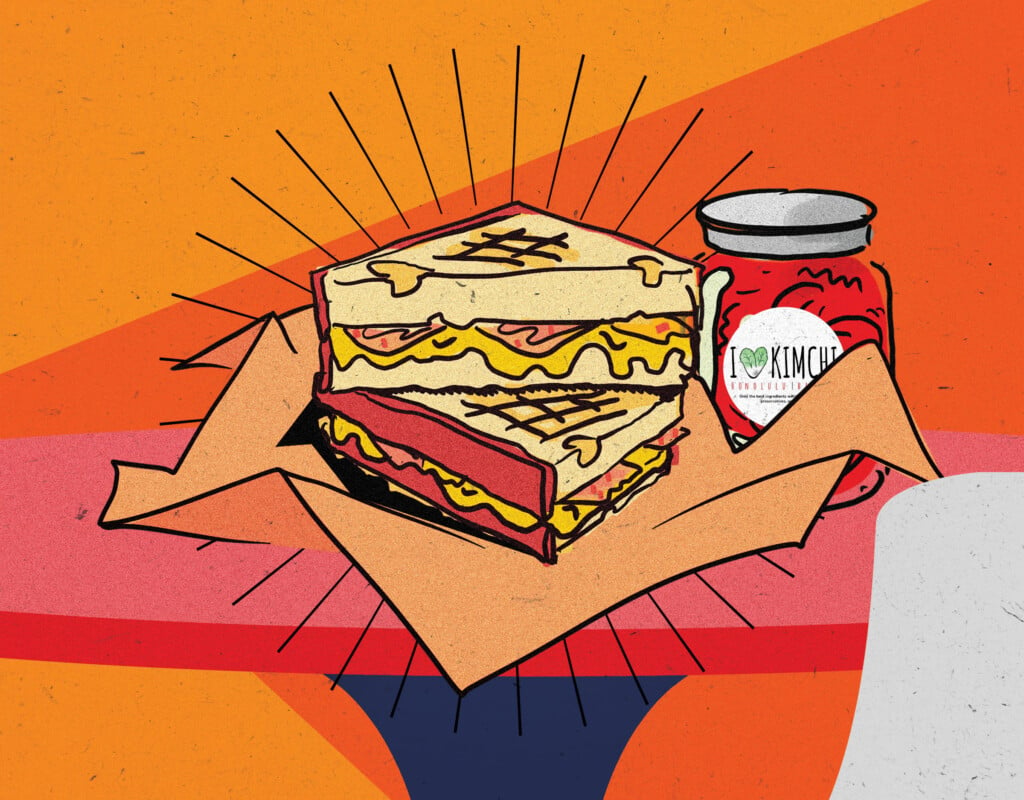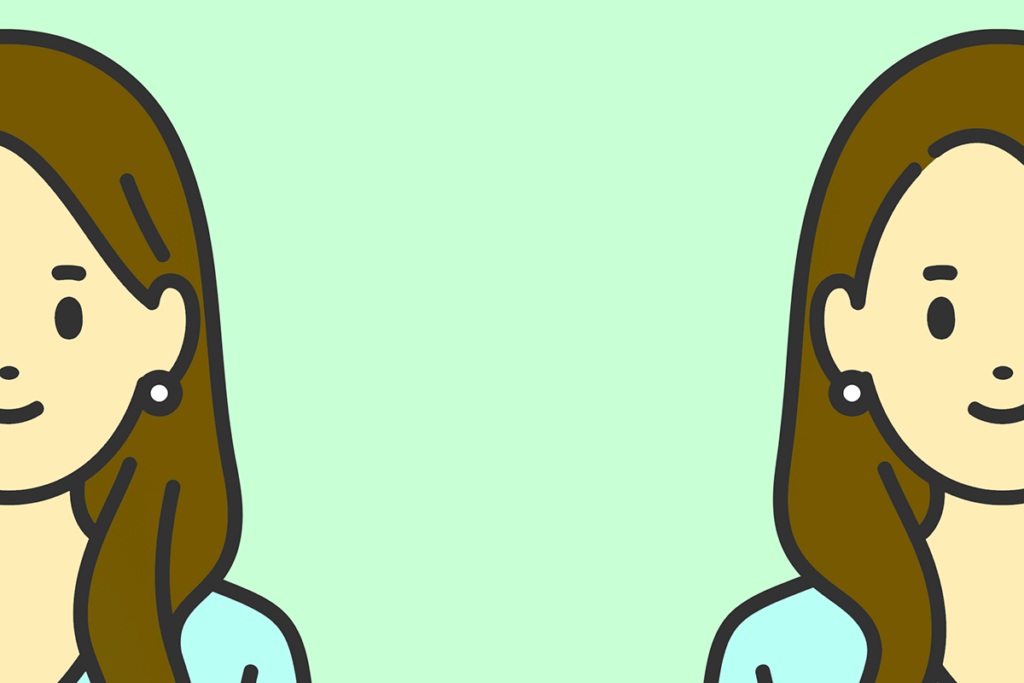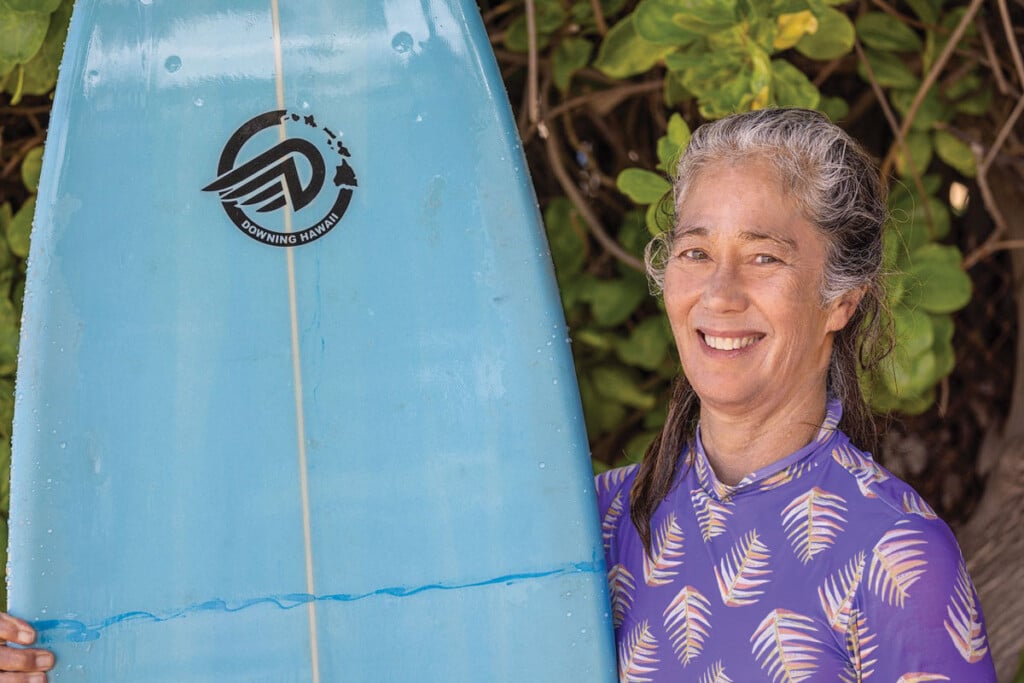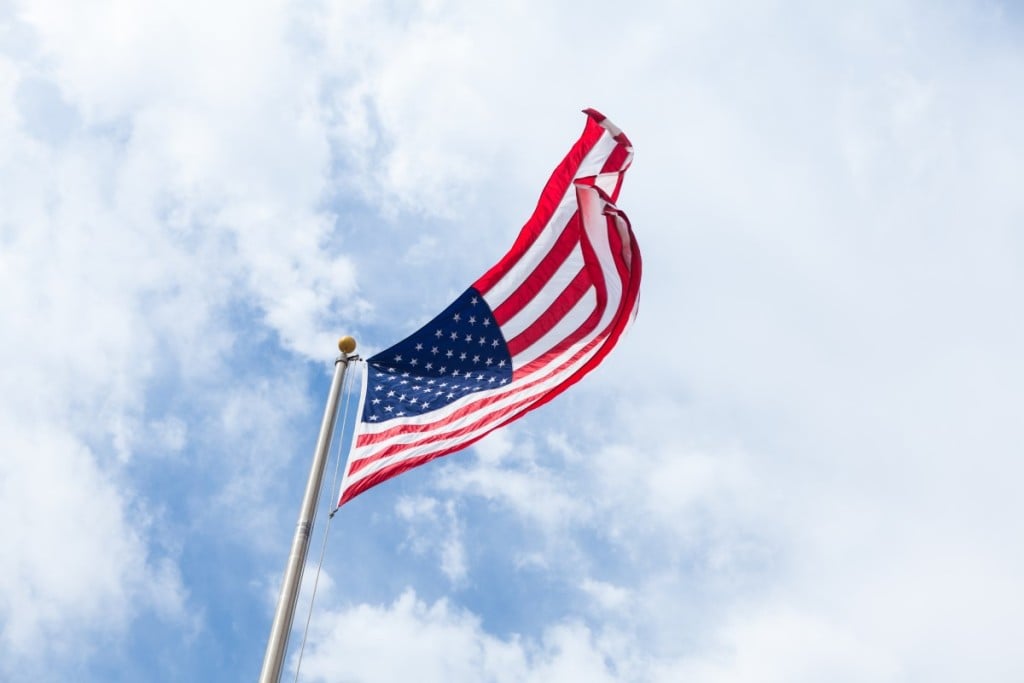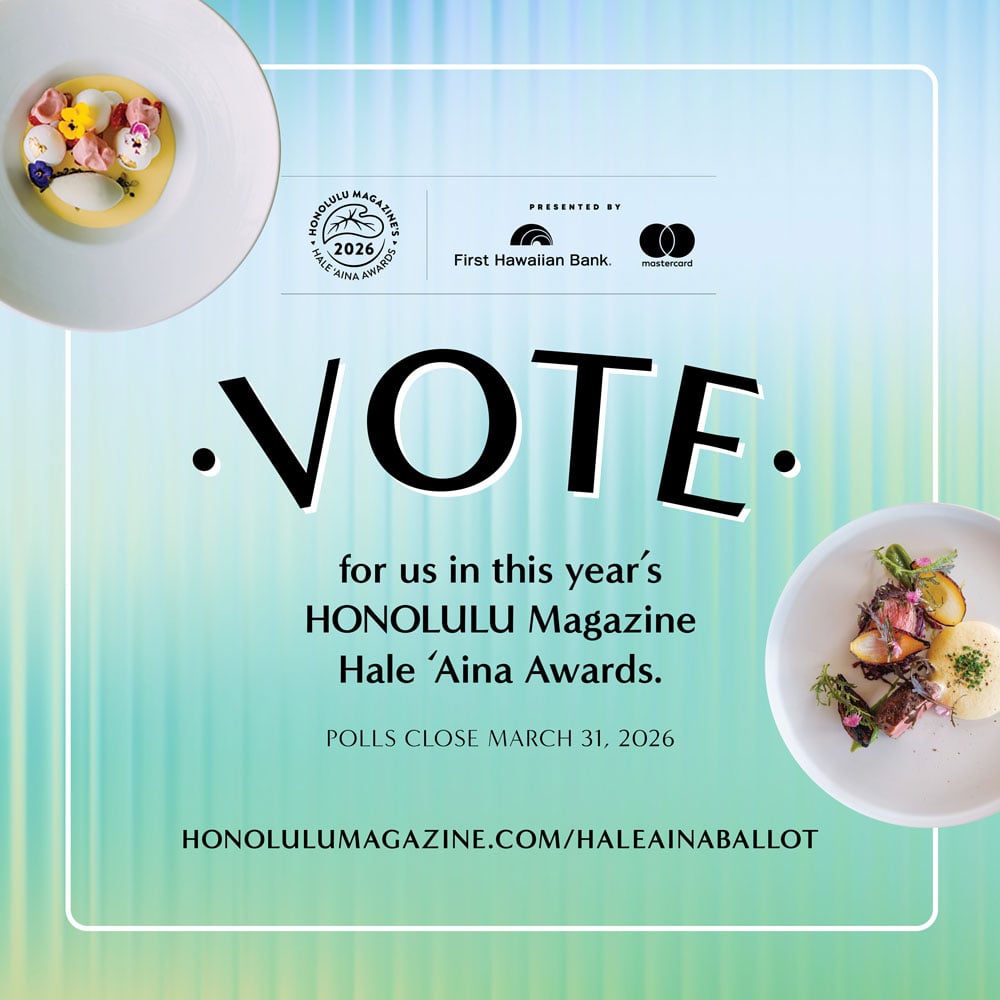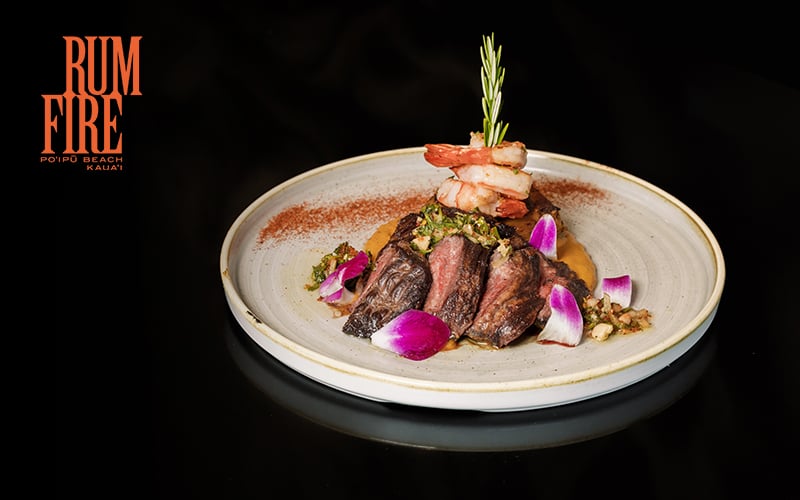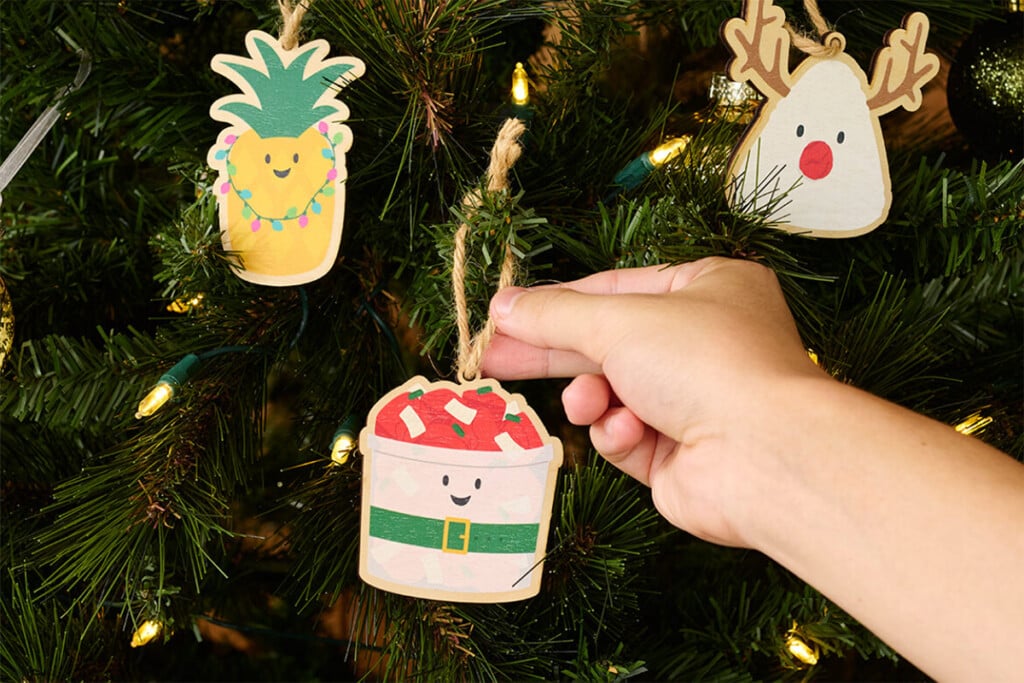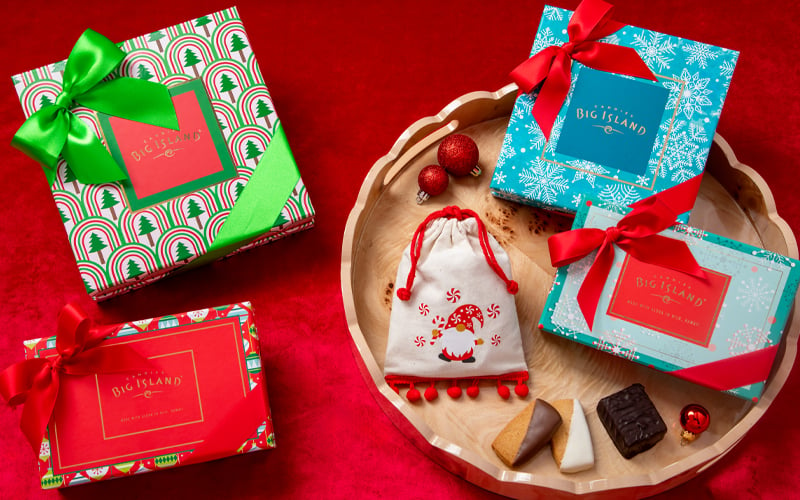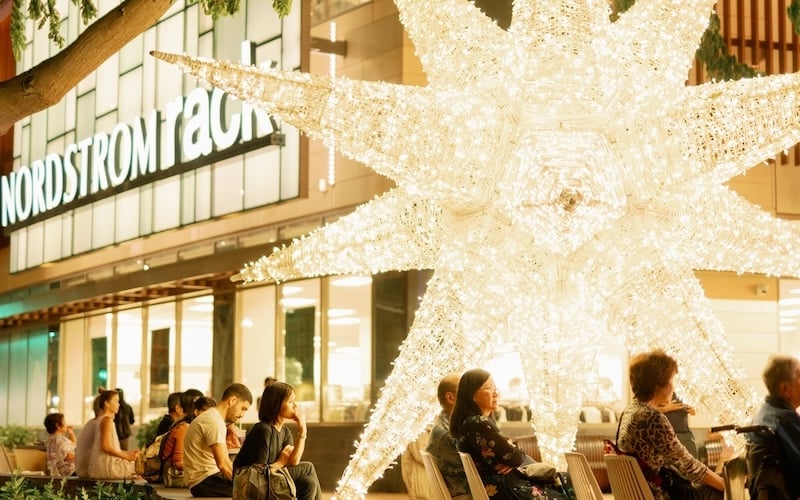Too Asian, Yet Not Asian Enough
A HONOLULU intern shares her journey to self-acceptance as an adopted Asian American.
“But where are you really from?” kids in middle school would ask me. I reeled at the question, but later realized they were just curious because I look Asian but have a last name that suggests otherwise.
I was born 21 years ago in Guangzhou, during China’s single-child policy. According to my parents, who arrived from Reston, Virginia, to adopt me before my first birthday, I was much loved and the giggliest of the babies at the orphanage. My mom is Spanish; my dad English. And while we have different biological parents, my older sister, Olivia, had also been adopted from China.
As a young child, I had a strong sense of who I was, which I attribute to my parents, whose love for me I never questioned. My mom always tried to incorporate Chinese culture into our lives, celebrating Lunar New Year and filling our home with items from China. Reston, a suburb of Washington, D.C., is a diverse place and home to many other adopted children from other countries.
I was heartbroken, but not because of him. It was the otherness I couldn’t escape—too Chinese for white kids, and too white for Asians.
It wasn’t until my dad retired in 2015 and we moved to Las Vegas that I started feeling ashamed of being Chinese. Most of my middle school classmates were white and Mormon, and they quickly pointed out how small my eyes were, how flat my face was and how my fishcake noodle lunches smelled bad. I stopped bringing home lunch and dyed my hair lighter, neither of which made me feel less singled out.
During my junior year of high school, I enrolled in the College of Southern Nevada, where much of the student body was Filipino, Hawaiian, Vietnamese or Chinese. Although it was just a half hour from my previous school, it was a completely different environment—and I embraced it.
However, it didn’t alleviate the dichotomy I still felt of being Asian but with caveats. This became painfully evident after I went on a few fun dates with a Vietnamese classmate, then met his parents. I hadn’t brought anything for them, then rejected his mother’s offer to make me dinner—a double faux pas. After awkward small talk, he told his parents I was adopted. “Oh, that makes sense,” his mother said. Needless to say, the relationship didn’t last. His parents didn’t hate me for being adopted, he told me. They just didn’t think I was the kind of girl they wanted for him.
I was heartbroken, but not because of him. It was the otherness I couldn’t escape—too Chinese for white kids and too white for Asians.

Photo: Courtesy of Vanessa Hathaway
After graduating from high school, I moved to Hawai‘i for college. I quickly made friends with local classmates, who assumed I also grew up in the Islands. I was relieved that I didn’t have to explain myself, and it helped that they all had diverse backgrounds and family stories too.
During my freshman year, I took a 23andMe test and was shocked to learn that I’m not even ethnically Chinese. I’m part Vietnamese and part Dai, an ethnic group related to the Shan, Lao and Thai people who lived along China’s Yangtze River until they were pushed south. I couldn’t help but laugh. All my life I felt I had to explain my ethnic background, and as it turns out, it wasn’t even accurate.
In the fall of 2022, I met my current boyfriend, who is Hawaiian-Japanese and from Hawai‘i. We’ve spent many hours talking about our backgrounds. He knows about the isolation I felt growing up in Nevada. When it was time to meet his family, he told me what to expect, yet there was nothing to prepare for—they were welcoming from the start.
These days, I don’t dwell on being adopted or agonize over not fitting in. And as far as finding my biological parents, I’m not particularly interested. While some adopted children may question the motives of their biological parents, I don’t resent mine in the slightest for giving me up. I know they must have had good reasons, and I’m completely grateful for the life my adoptive parents gave me. Although I can’t say I’m 100% confident in my identity, I’ve stopped hating things about myself—my eyes, my preference for Asian foods—and I don’t hesitate to tell my story.
